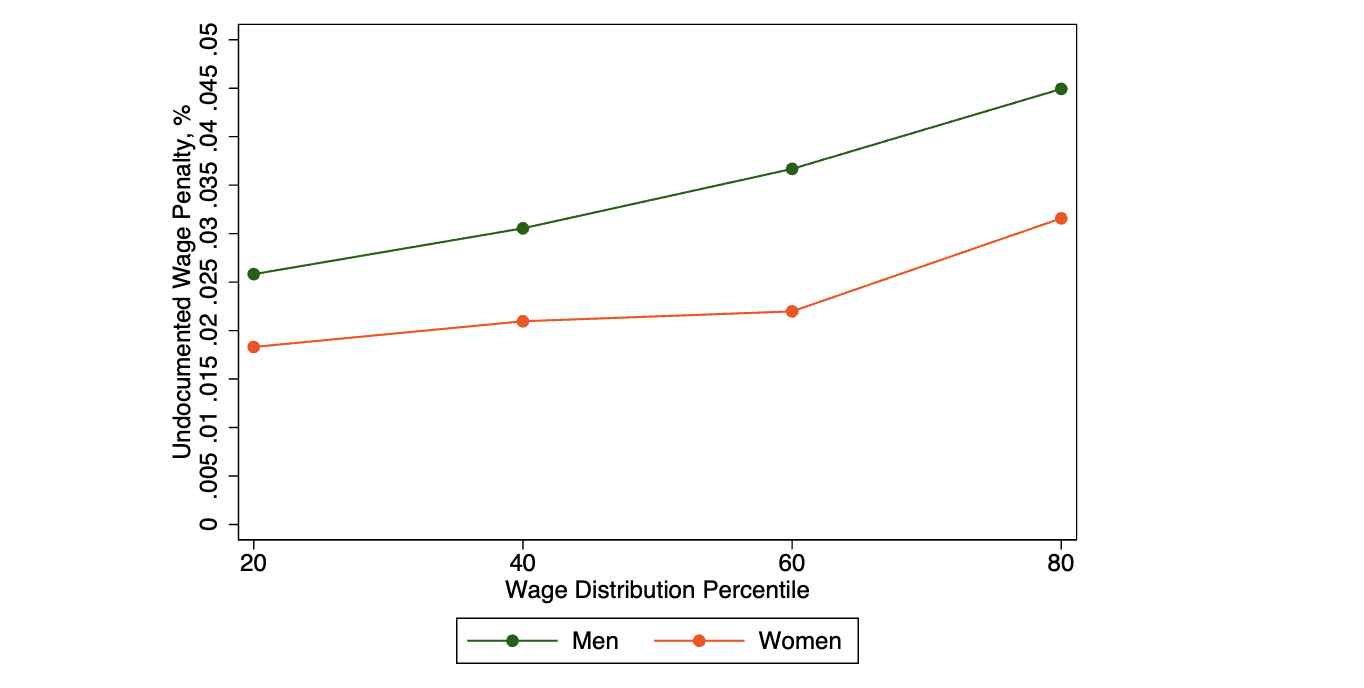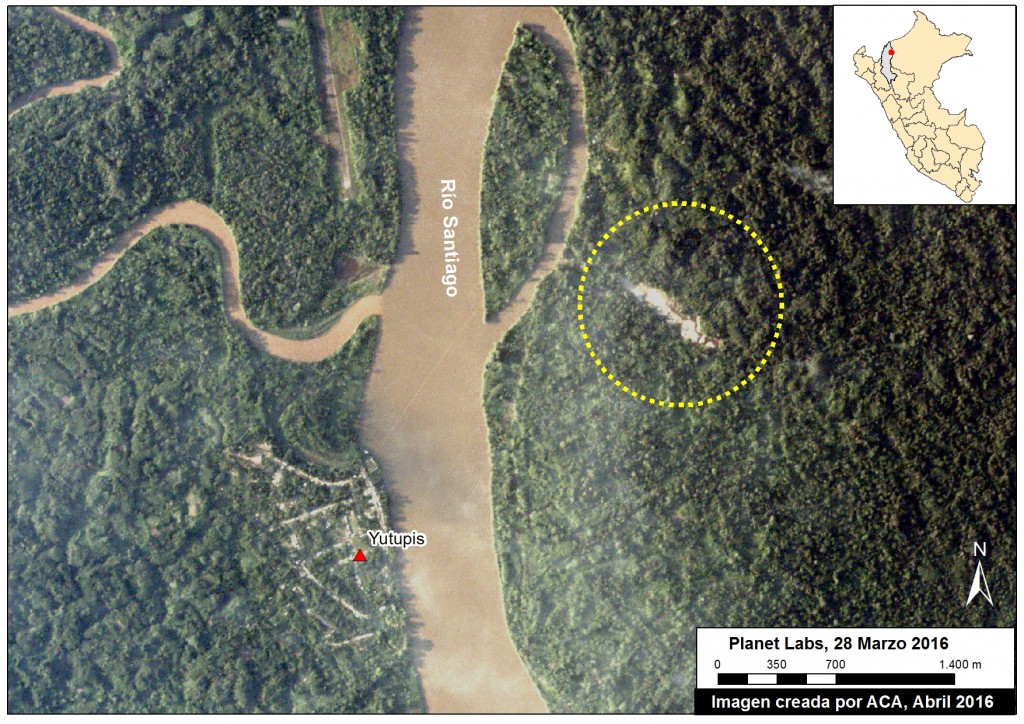Parliamentary Scrutiny Of Undocumented Labor Migration Policy

Table of Contents
The Scope of Parliamentary Scrutiny
Parliamentary scrutiny of undocumented labor migration encompasses various processes designed to hold the government accountable for its policies and actions. However, the effectiveness of this scrutiny is often constrained by several factors.
Legislative Frameworks and Their Limitations
Existing immigration legislation significantly influences the landscape of undocumented labor migration. However, these frameworks often present limitations on parliamentary power.
- Examples of relevant legislation: Each country will have its own specific laws, but examples might include acts relating to border control, visa applications, employment of foreign nationals, and asylum procedures. These laws often define the legal status of undocumented workers and the penalties associated with employing them.
- Limitations on parliamentary power: Executive privilege can restrict access to certain information vital for effective parliamentary scrutiny. Furthermore, the complex and rapidly evolving nature of international migration often leaves legislative frameworks struggling to keep pace.
- Potential for legislative loopholes: The complexity of immigration laws and the potential for unintended consequences can create loopholes exploited by employers and undocumented workers alike, undermining the effectiveness of legislative oversight. This necessitates constant review and amendment of existing laws. Keywords: Immigration legislation, legislative oversight, parliamentary powers, legal frameworks, undocumented worker rights.
Question Time and Ministerial Accountability
Question Time provides a vital platform for holding the government accountable. However, its effectiveness in relation to undocumented labor migration is often debated.
- Examples of successful parliamentary questions: Questions that have prompted government responses leading to policy changes or investigations can be effective. This may include inquiries into specific cases of exploitation or challenges related to the enforcement of existing laws.
- Limitations of question time: Time constraints often limit the depth of questioning, while pre-prepared answers can hinder genuine scrutiny. The government may also use carefully worded responses to evade accountability.
- Potential for evasion of accountability: Ministers can deflect criticism, citing operational sensitivities or ongoing investigations to avoid providing concrete information or addressing concerns effectively. Keywords: Ministerial accountability, parliamentary questions, question time effectiveness, government transparency, undocumented migrant policy.
Investigative Powers of Parliamentary Committees
Parliamentary committees play a crucial role in investigating complex policy areas, including undocumented labor migration. Their investigative powers offer a more in-depth examination than Question Time allows.
Select Committees and Their Role
Select committees, or equivalent parliamentary bodies, hold hearings, summon witnesses, and request documents to investigate specific aspects of undocumented labor migration.
- Examples of relevant committee inquiries: Committees might investigate the effectiveness of border control measures, the impact of undocumented labor on the economy, or the extent of exploitation within specific sectors.
- Power of committees to summon witnesses and request documents: This enables committees to gather evidence from a range of stakeholders, including government officials, employers, and undocumented workers themselves (though the latter may be challenging due to fear of deportation).
- Limitations on committee powers: Access to sensitive information, particularly regarding national security or individual cases, may be restricted, limiting the scope of their investigations. Keywords: Select committees, parliamentary inquiries, investigative powers, evidence gathering, committee reports, recommendations.
Effectiveness of Committee Recommendations
The effectiveness of parliamentary scrutiny depends heavily on government responsiveness to committee recommendations.
- Examples of implemented recommendations: Committees have successfully influenced policy changes by recommending legislative amendments, increased funding for enforcement agencies, or improved support services for vulnerable migrants.
- Cases where recommendations were ignored or partially implemented: Governments may choose to ignore or partially implement recommendations, often citing budgetary constraints, competing priorities, or disagreements with the committee's findings.
- Factors influencing government responsiveness: Political considerations, public pressure, and the strength of evidence presented in committee reports all influence the government's response. Keywords: Government responsiveness, policy implementation, committee recommendations, legislative changes, policy impact.
Public Engagement and Transparency
Meaningful public engagement and transparency are essential for effective parliamentary scrutiny of undocumented labor migration.
Public Hearings and Stakeholder Consultation
Public hearings allow parliament to hear directly from affected individuals and stakeholders.
- Examples of public hearings: Hearings could involve testimony from undocumented workers, employers, representatives of advocacy groups, and experts on migration policy.
- Opportunities for stakeholder input: Public hearings offer valuable insights into the experiences and perspectives of those directly affected by policies on undocumented labor migration.
- Barriers to participation: Language barriers, fear of reprisal, and logistical challenges can prevent participation from key stakeholders, particularly undocumented workers themselves. Keywords: Public engagement, stakeholder consultation, transparency, public hearings, advocacy groups, participation.
Access to Information and Data
Data availability is crucial for evidence-based policy-making and effective parliamentary oversight.
- Data accessibility challenges: Governments may restrict access to data on undocumented labor migration due to concerns about national security, data protection, or the potential for misuse of information.
- Government transparency initiatives: Proactive government release of relevant data, such as statistics on deportations, worker exploitation, and the economic contributions of undocumented workers, is vital for transparency.
- Impact of data limitations: Limited data availability hinders comprehensive analysis and effective policy recommendations by parliamentarians. Keywords: Data transparency, information access, data limitations, government data release, evidence-based policy.
Conclusion
This article has highlighted the complexities of parliamentary scrutiny regarding undocumented labor migration policy. While existing mechanisms like question time, select committee inquiries, and public engagement offer valuable tools for oversight, significant limitations remain regarding data access, government transparency, and the effective implementation of committee recommendations. Strengthening parliamentary scrutiny of undocumented labor migration requires a concerted effort to enhance transparency, improve data availability, and ensure meaningful engagement with all stakeholders. Further research is needed to identify and address the specific challenges hindering effective parliamentary scrutiny of undocumented labor migration, ultimately leading to more responsible and humane policies. Improved access to information and strengthened investigative powers for parliamentary committees are critical steps towards achieving this goal.

Featured Posts
-
 Putin Napomnil Dzhonsonu O Rossiyskikh Atomnykh Podlodkakh
May 11, 2025
Putin Napomnil Dzhonsonu O Rossiyskikh Atomnykh Podlodkakh
May 11, 2025 -
 Perus Emergency Mining Ban Impacts Gold Production By 200 Million
May 11, 2025
Perus Emergency Mining Ban Impacts Gold Production By 200 Million
May 11, 2025 -
 Boston Celtics Clinch Division After Blowout Win
May 11, 2025
Boston Celtics Clinch Division After Blowout Win
May 11, 2025 -
 Kompany Onder Vuur Vernederende Nederlaag Voor Manchester City
May 11, 2025
Kompany Onder Vuur Vernederende Nederlaag Voor Manchester City
May 11, 2025 -
 Plan Trampa Po Uregulirovaniyu Konflikta V Ukraine Kritika So Storony Borisa Dzhonsona
May 11, 2025
Plan Trampa Po Uregulirovaniyu Konflikta V Ukraine Kritika So Storony Borisa Dzhonsona
May 11, 2025
